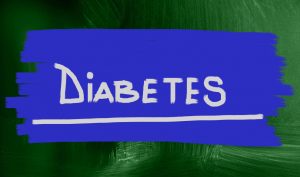
PerkinElmer acquisition Sirion Biotech has partnered with the Center for Genomic Regulation (CRG) in Barcelona, Spain to develop adeno-associated virus (AAV) vectors for type 1 and 2 diabetes.
Viral vector-based gene therapy firm Sirion (acquired by PerkinElmer in June 2021) will use its AAV technology platform alongside international biomedical research center CRG’s knowledge of genetic regulatory mechanisms.
The goal of the partnership is to create AAV vectors that target specific pancreatic cell types and contain payloads that express therapeutic genes under control of cell-specific regulatory elements. In turn, this approach aims to increase the efficacy and safety of future AAV based gene therapies for diabetes.

Image: Stock Photo Secrets
“At the core of Sirion’s technology is the acceleration of natural evolution of AAV vectors,” Christian Thirion founder and managing director of Sirion told BioProcess Insider.
“From a multitude of different AAV vectors, each with different properties in respect to delivering a therapeutic payload to a target organ or cell, single AAVs are selected using advanced technologies such as next generation sequencing (NGS) with the desired properties and ability to deliver the payload to the target organ or cell.”
According to Thirion, CRG��’s project leader Jorge Ferrer is a “world-leading expert in gene regulation,” adding that “the combination of improved vectors with excellent gene delivery properties with regulatory elements developed by Ferrer mediating cell-specific gene expression, enables an unprecedented level of treatment precision.”
Sirion would not disclose any financial details but told us that the multi-year collaboration will initially run for two years at the Ferrer Lab in Barcelona, Spain and Sirion’s site in Munich, Germany.
About the Author
You May Also Like





